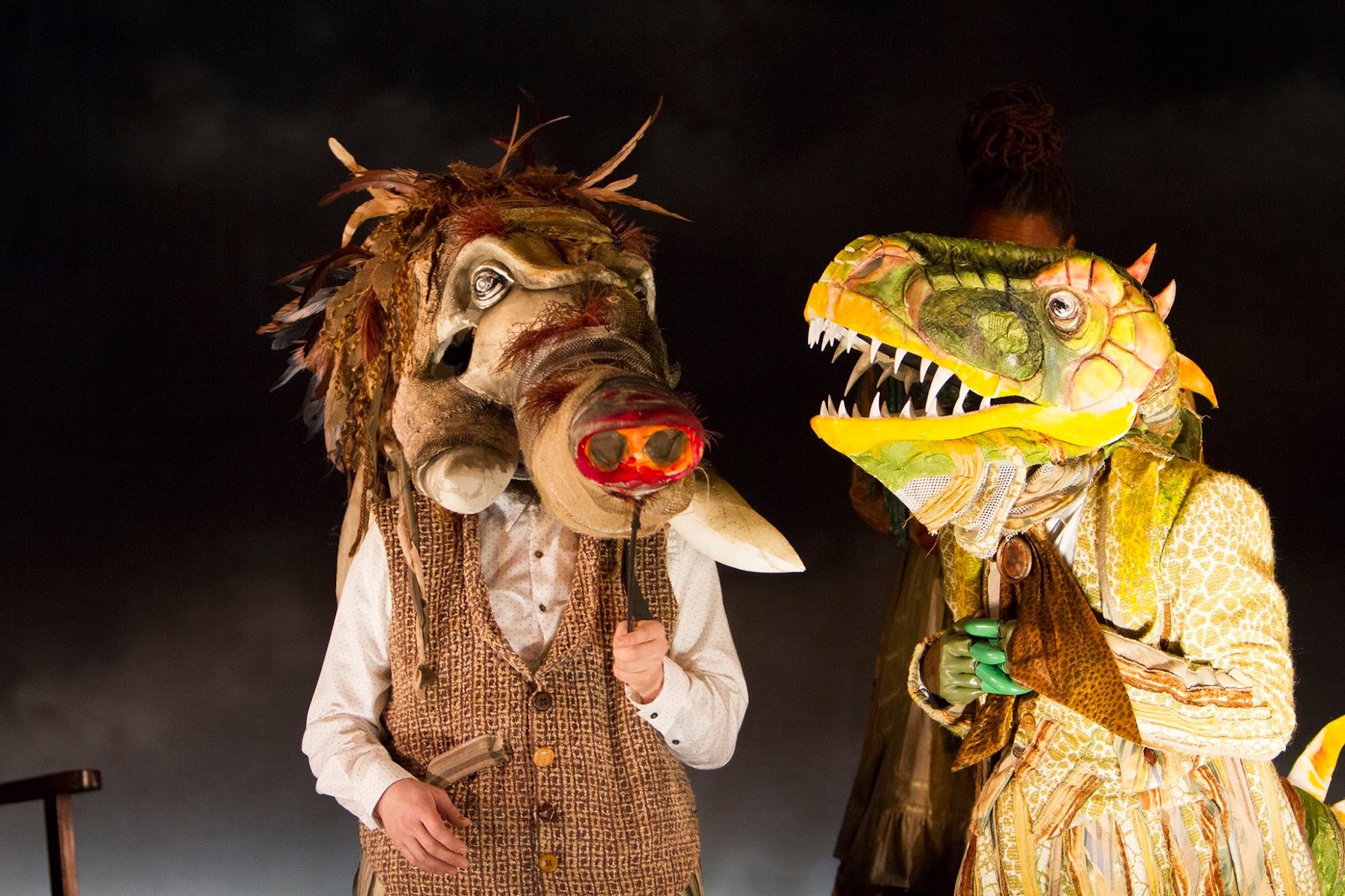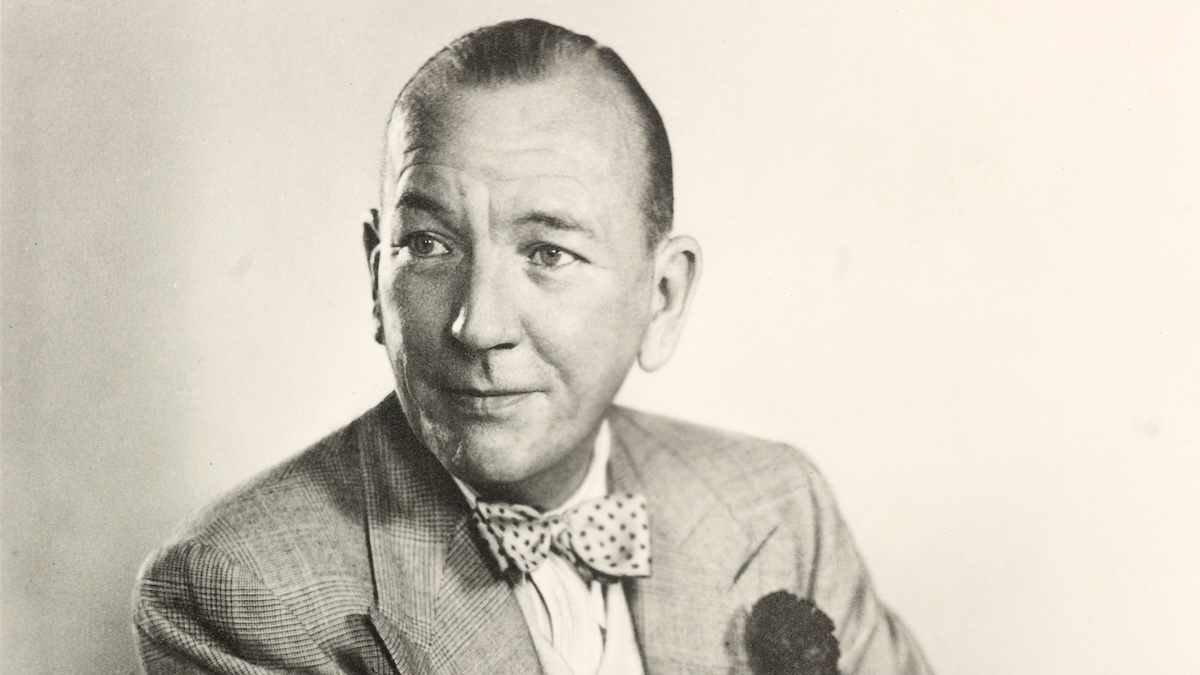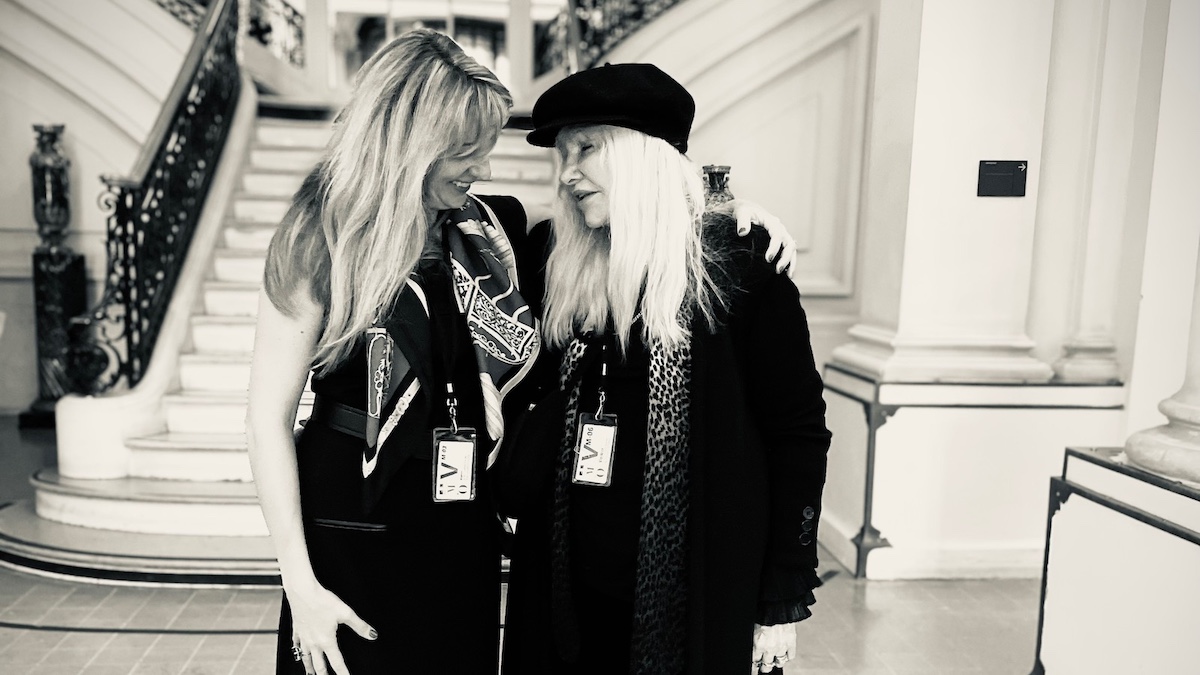
During the first months of 2017, I was directing a production of Thornton Wilder’s The Skin of Our Teeth at Theatre for a New Audience in Brooklyn, New York. While we were in rehearsal, a beauty pageant judge was inaugurated President; an executive order limiting the entrance of refugees was signed; and it was reported that an iceberg larger than the state of Rhode Island would soon break off of the Antarctic shelf. It was eerie. The play felt as if it had been written only weeks earlier. It seemed to be asking urgent questions about the fate of humanity in this unique moment.
But of course, Wilder wrote this prophetic play over 75 years ago, in 1939/1940, prior to Pearl Harbor, as the world was embroiled in the chaos of World War II — a war in which he served.
Wilder wrote, in The Skin of Our Teeth, “the events of daily life are depicted against the vast dimensions of time and place. [The play] was written on the eve of our entrance into the war and under strong emotion and I think it mostly comes alive under conditions of crisis. It has been often charged with being a bookish fantasia about history, full of rather bloodless schoolmasterish jokes. But to have seen it in Germany soon after the war, in the shattered churches and beerhalls that were serving as theaters, with audiences whose price of admission meant the loss of a meal and for whom it was of absorbing interest that there was a ‘recipe for grass soup that did not cause diarrhea,’ was an experience that was not so cool.”
Wilder was deeply engaged in the politics of his time and was responding to the headlines of his day. As he wrote the climax of Act I, in which the Antrobuses argue for and against the merits of allowing a gaggle of refugees into their home, Wilder was undoubtedly thinking of the boats of German Jewish refugees that America was turning away, sometimes sending hundreds to their deaths.
Simultaneously, Wilder, a great scholar and a former student of archeology, looked to the ancient past to understand the future. He once equated his work as a playwright to that of an archeologist, viewing contemporary life through the lens of someone a thousand years hence. After studying ancient waterways, roads, architecture and relics of earlier societies in Rome, Wilder wrote: “We bend with pitying condescension over past civilizations, over Thebes, Ur and Babylon, and there floats up to us a murmur made up of cries of war, cruelty, pleasure and religious terror. Even as our civilization will someday exhale to its observers the same cries of soldiers, slaves, revelers and suppliants.” These insights into time, history and civilizations are embedded into his writing and make his plays eternally urgent.
Part of what’s so remarkable about The Skin of Our Teeth is Wilder’s bold experimentation with form. It’s a play within a play. The actors themselves, like the characters they are playing, are continually in crisis. The performance is ever on the verge of collapse, as it’s depicting a world ever on the verge of collapse. The form and the meaning are one.
The final act, set “after the war”, was of course an imagining of the future. The play asks — if we get through this war, will we have learned anything? Will we change? Ultimately, I believe, Wilder took a pretty grim view. When the battle is over, it’s hard to uphold the values for which the war was waged. Although the characters survive and perhaps grow, they are not transformed. Evil remains within the nation, within the family, within the home.
And yet in the first few months of 2017, at a moment of crisis within this country and on this planet, there was something strangely comforting in watching the Antrobuses, as foolish and flawed as they are, survive one catastrophe after another. Like Mr. Antrobus who clings to his books which contain the ideas of the great minds who have come before him, I found myself clinging to my copy of The Skin of Our Teeth.
To purchase a copy of The Skin of Our Teeth, click here, and to learn more about licensing a production, click here.

Noël Coward’s Travels

Kate Chopin in New Orleans: Mother-Daughter Author Duo Collaborate on Historical Book

